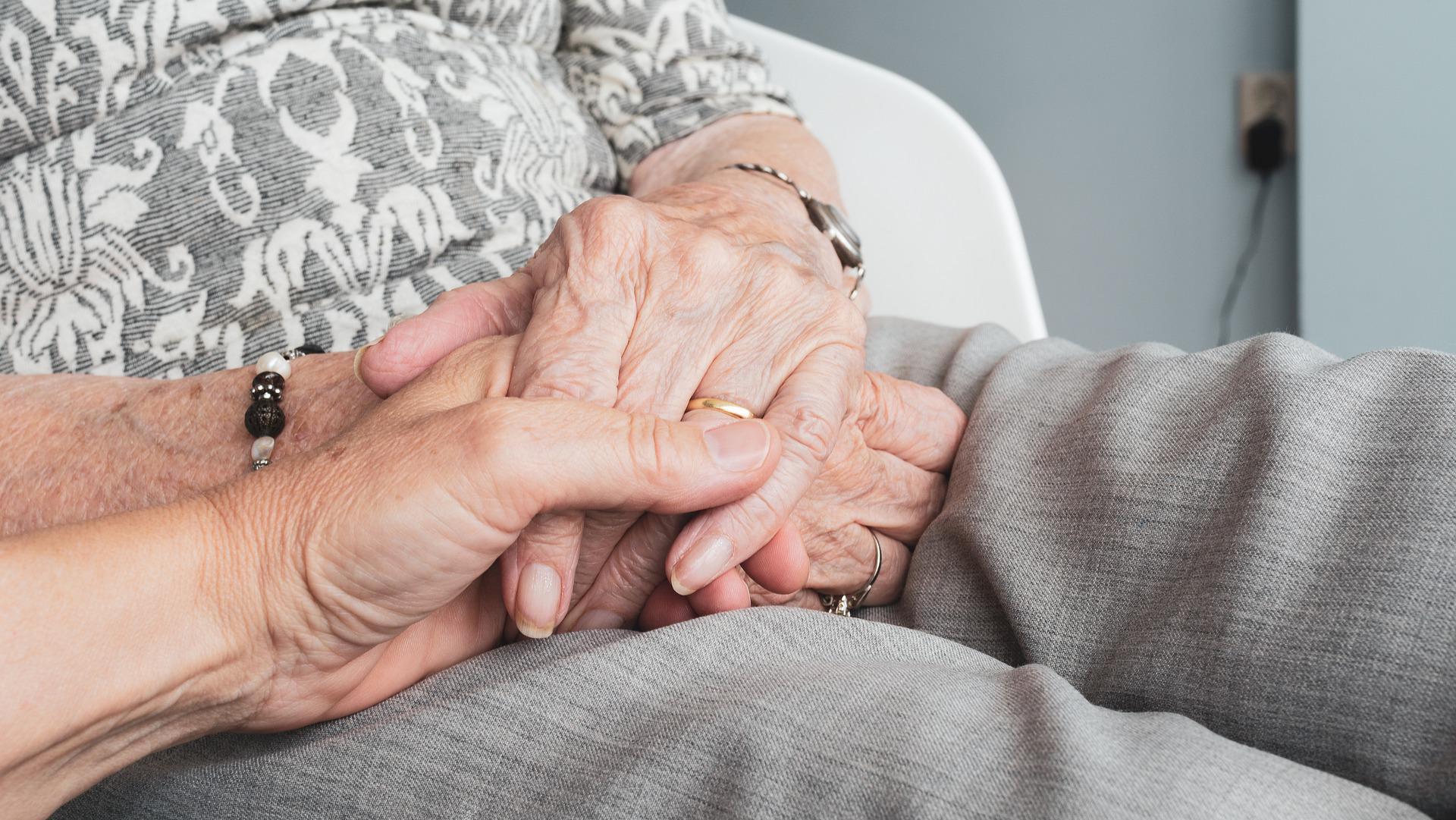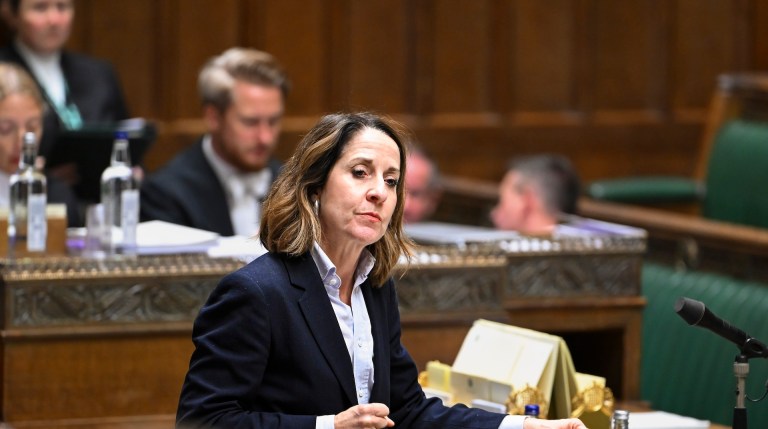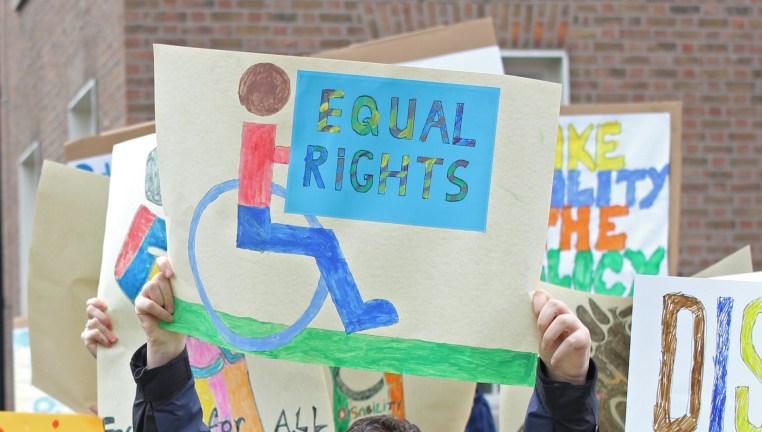No matter our background, we all have a right to the support we need. You might not have noticed it during Tuesday (4 June) night’s election debate, but away from the bright lights of television studios Britain is in the middle of a social care emergency.
This crisis has at least 10 million disabled people, of all ages and backgrounds, in its grip – and we need immediate change. When it comes to social care, the statistics are stark and speak for themselves. In September 2022, the Care and Support Alliance estimated that 2.6 million people aged 50 and above were living with some unmet need for care in England, with the numbers only growing yearly. Kings Fund research has found that for most younger adults, most requests for support do not translate into access to local authority-funded care. Around 35% of requests for support by younger adults result in no service provided (compared with around 25% for older people).
Yet this situation is likely to get worse before it gets better: According to a BBC investigation, the average UK council faces a £33m deficit by 2025-26, a rise of 60% from £20m two years ago. The country’s largest union, Unison, has warned that local authorities might not be able to offer disabled people the “legal minimum of care” as soon as next year.
The issues go beyond those who draw on the system, not only having trapped disabled people without the support we need but also has created a nightmare for workers. Although care is a crucial profession expected to grow exponentially over the decade, unions and individuals are sounding the alarm. With excessive workloads, high stress levels and low morale are rife among workers at breaking point.
- Social care cap: What is it and what does it mean for me?
- Social care is on its knees. It’s no wonder public dissatisfaction is at a record high
Is this any way for the government to treat us all? As Rick Burgess, co-founder of Manchester Disabled People Against Cuts, explained to me when I last wrote on this topic, care can often feel much less, well “caring”, as they put forward, most people experience lacks “the essential part of independent living”, the idea that disabled people agree on that social care should be a system that helps break down the disabling barriers we face across society, rather than a simple list of tasks for an under-paid, time-rushed, agency worker on a zero hours contract to do.
The issues go beyond funding but right to the very core of how our system is designed. More and more disabled people are being pushed into debt just for receiving the support we need. An analysis carried out in spring 2022 identified around 90,000 people who were already unable to keep up with their care contributions.









